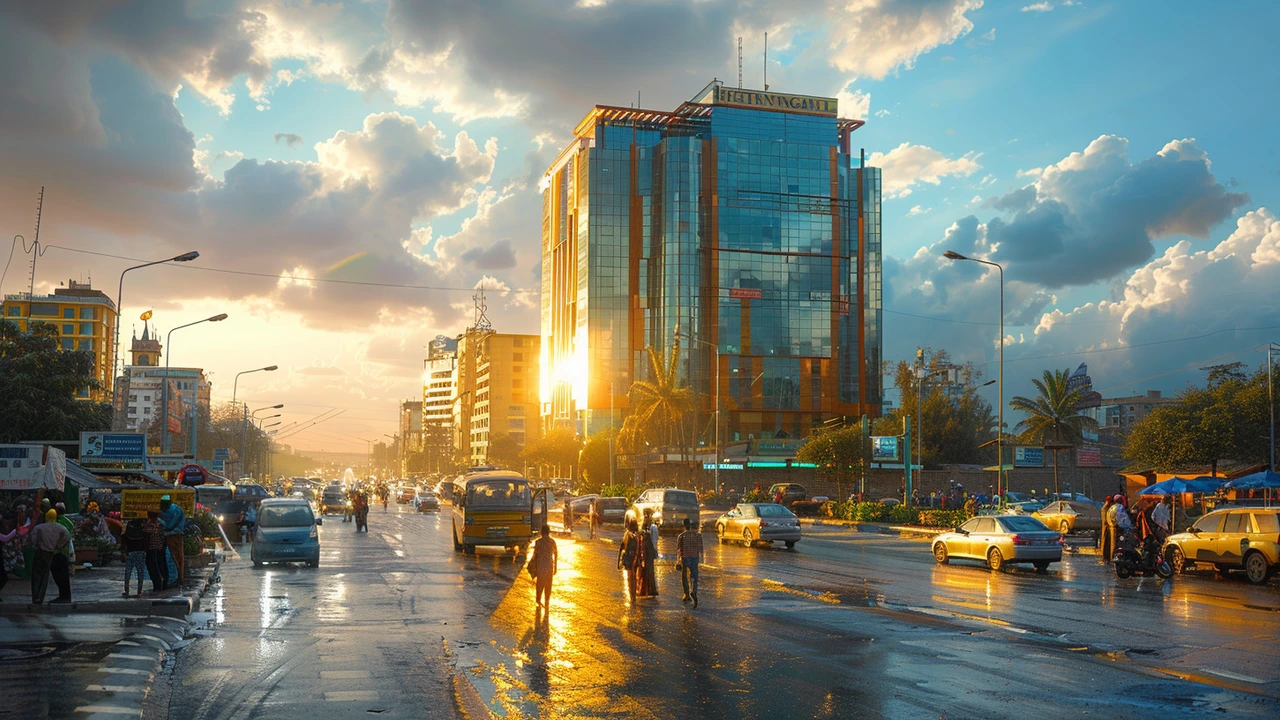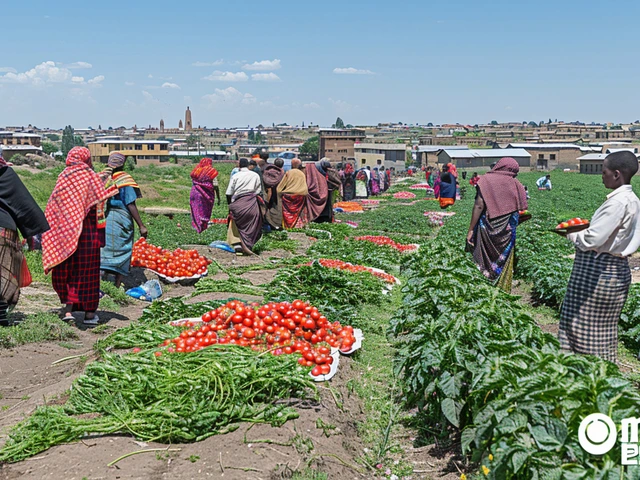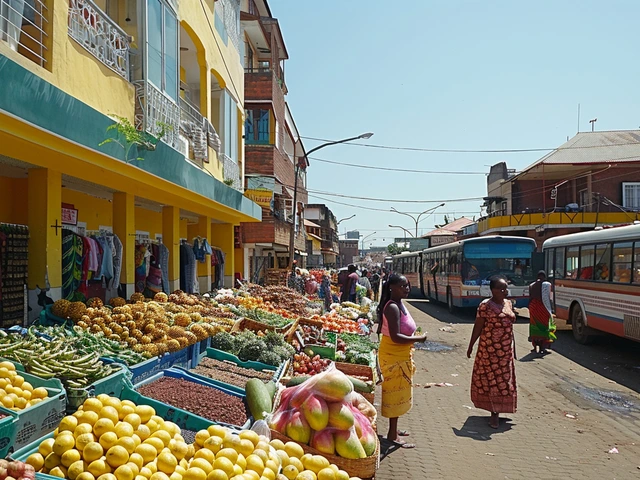Financial Success in Ethiopia: Your Guide to Making Money, Growing Wealth, and Building a Future
Want a realistic shot at financial success in Ethiopia? You’re not alone. Whether you’re climbing the job ladder, launching a business, eyeing investments, or just trying to save more every month, understanding the landscape helps. Ethiopia’s growing economy isn’t just talk—there are concrete ways to earn, invest, and build real wealth. Let’s break down what works, what pays, and how locals and expats alike are finding paths to financial stability in Ethiopia.
If you’re searching for decent pay, it’s smart to check where the money really is in Ethiopia. Professional jobs linked to banking, tech, and multinational companies tend to offer higher salaries. Demand for qualified pharmacists, teachers, IT professionals, and business managers is up, especially in big cities like Addis Ababa. Don’t expect wild salaries, but the top jobs can offer steady, reliable income—sometimes much more than the national average.
Thinking about business? Agriculture still rules, but successful entrepreneurs are popping up in tech, construction, manufacturing, logistics, and digital services. Locals who spot gaps in the market—like software solutions or urban housing—can turn moderate investments into real profits. If you’re an investor, focus on sectors with government support or high demand: food processing, coffee export, transport, and renewable energy are buzzing. International interest is only growing.
No big investment? You’re not locked out. Plenty of people in Ethiopia are making extra cash or full-time incomes online. Freelancing, e-commerce, digital marketing, and even blogging open doors if you have digital skills and stable internet. Admittedly, global payment systems like PayPal aren’t always reliable in Ethiopia, but newer options and workarounds help freelancers get paid for online gigs.
Of course, costs count. Rent in Addis Ababa can eat up a chunk of your salary, so budget carefully. If you’re willing to live outside the city center, you’ll find prices are more manageable, leaving room to save or invest. Food, transport, and utilities are still cheaper than most places globally, but prices keep rising—plan for it.
Foreigners can find jobs or run businesses here too, although you’ll need to navigate visas and work permits. Salaries for expats in specialist roles remain competitive, especially with NGOs or global companies. The big draw? Ethiopia’s economic growth means opportunities are expanding year by year.
The richest people in Ethiopia often build their fortune in agriculture, trading, and real estate. Their stories aren’t some fairytale—they worked the gaps in a growing market and invested wisely. That’s possible for locals and foreigners alike, especially if you have a practical plan and work hard.
If you’re aiming for financial success in Ethiopia, focus on sectors with growth, pay attention to skill trends, watch for investment opportunities, and manage your cost of living. The right choices make a big difference, and the Ethiopian job and business scene is more open than ever for those ready to jump in.





